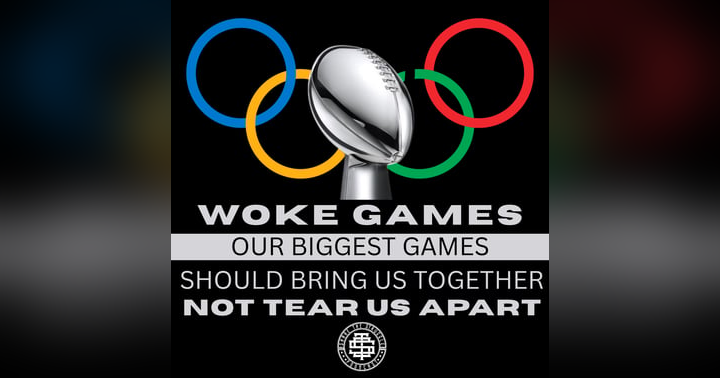Are They Taking Advantage? Actionable Steps to Reclaim Your Worth

Are you being taken advantage of? It's a question many of us avoid asking, fearing the answer might force us to make difficult decisions about relationships we've invested in for years. In this deeply personal exploration, I want to discuss how to recognize when a relationship—whether personal, professional, or business—has shifted from mutually beneficial to exploitative.
The most painful relationships to evaluate are often those that didn't start negatively. Relationships that began with genuine friendship, mutual respect, and balanced give-and-take can evolve over time. What happens when you start noticing patterns of being undervalued, underappreciated, or only acknowledged when you're needed? These subtle shifts can be more damaging than overtly negative relationships because we tend to excuse them based on the relationship's positive history.
Recognizing the signs is the crucial first step. A relationship that has become one-sided often reveals itself through consistent patterns. Do you find yourself constantly giving more than receiving? Are you only contacted when someone needs something from you? Has communication shifted from direct conversations to impersonal channels? These aren't just minor frustrations—they're indicators of a fundamental imbalance that needs addressing.
Emotional manipulation presents another significant warning sign. This might manifest as having your concerns dismissed, being made to feel unreasonable for expressing needs, or watching your input be solicited only to be completely disregarded. This behavior can severely impact your self-confidence and mental wellbeing, creating a cycle where you begin to doubt your own worth both within and outside that relationship.
Setting boundaries becomes essential once you've identified these patterns. Clear communication using "I statements" helps express your feelings without creating defensiveness. Statements like "I feel undervalued when..." or "I need more reciprocity in this relationship" center the conversation on your experience rather than attacking the other person. This approach creates space for potentially salvaging the relationship if the other party is willing to acknowledge and adjust their behavior.
Perhaps the most challenging aspect for many people is learning to say no. We often agree to things out of obligation, fear of conflict, or financial concerns, especially in business relationships. However, consistently saying yes when you want to say no creates resentment, drains your energy, and reinforces the pattern of being taken advantage of. Practice declining requests that don't align with your boundaries or that you don't feel comfortable fulfilling.
The consequences of remaining in relationships where you're being taken advantage of extend beyond that specific connection. Your mental health can suffer through increased anxiety and depression. Your ability to trust others becomes compromised, potentially affecting new relationships. Your self-confidence erodes as you internalize the message that your time, effort, and contributions aren't valuable. In professional contexts, this can manifest as decreased job satisfaction and productivity.
Making the decision to distance yourself from or end a relationship where you're being taken advantage of isn't failure—it's self-preservation. Sometimes relationships that served you well at one point in your life no longer fit who you are or where you're headed. Creating space for new opportunities often requires letting go of connections that drain rather than sustain you.
Remember that prioritizing your wellbeing isn't selfish. By identifying exploitation, communicating boundaries, and making difficult decisions when necessary, you're not just protecting yourself—you're modeling healthy relationship standards for everyone around you. The path forward may not be easy, but reclaiming your worth is always worth the journey.







